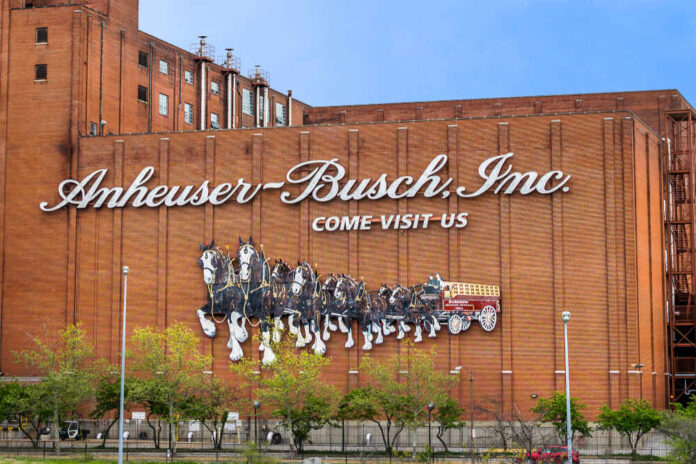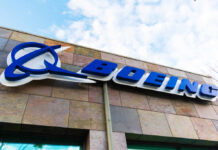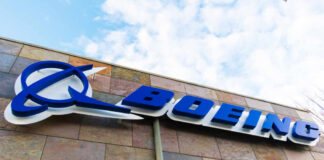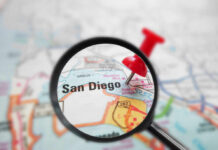
An ongoing boycott of Bud Light in response to the brand’s ill-advised collaboration with controversial transgender social media personality Dylan Mulvaney has taken an increasingly costly toll on its parent company Anheuser-Busch InBev.
In June, the company’s stock value plummeted by 4% within the span of just one week, resulting in a market capitalization of just over $107 billion. The day before Bud Light’s partnership with Mulvaney premiered in April, the company’s value was nearly $135 billion.
As of the end of that month, Bud Light sales had fallen a staggering 28%, resulting in the brand losing its status as the nation’s most popular beer.
Last month, Anheuser-Busch InBev announced that 350 employees were losing their jobs as the company weathered the persistent losses sparked by the boycott.
Most recently, the corporation confirmed that it would be selling off a number of its smaller brands to a Canadian cannabis company. In total, Tilray Brands will be acquiring eight craft beer companies: Shock Top, Breckenridge Brewery, Blue Point Brewing Company, 10 Barrel Brewing Company, Redhook Brewery, Widmer Brothers Brewing, Square Mile Cider Company, and Hiball Energy. In addition to the brand names, Anheuser-Busch InBev is also reportedly relinquishing their respective employees, breweries, and other related assets.
The total cost of the purchase is an estimated $85 million and the sale is expected to be final as of next month.
Anheuser-Busch InBev CEO Brendan Whitworth has attempted to navigate the thorny situation by appealing to both sides of the debate, but instead has only created more polarization for his brand. His assurance that the company would continue supporting LGBT causes further alienated disillusioned former customers while Mulvaney complained that the company did not go far enough.
Dylan Mulvaney SLAMS Bud Light. 🍻
“For the company to hire a trans person and not publicly stand by them is worse…than not hiring a trans person at all.” pic.twitter.com/FRIStPmAB7
— Oli London (@OliLondonTV) June 29, 2023
“I think the conversation surrounding Bud Light has moved away from beer, and the conversation has become divisive,” Whitworth said in an interview. “And Bud Light really doesn’t belong there.”
Asked whether the company made a mistake by partnering with Mulvaney, he equivocated.
“There’s a big social conversation taking place right now, and big brands are right in the middle of it and it’s not just our industry or Bud Light,” he said. “It’s happening in retail, happening in fast food. And so for us what we need to understand — deeply understand and appreciate — is the consumer and what they want, what they care about and what they expect from big brands.”

















